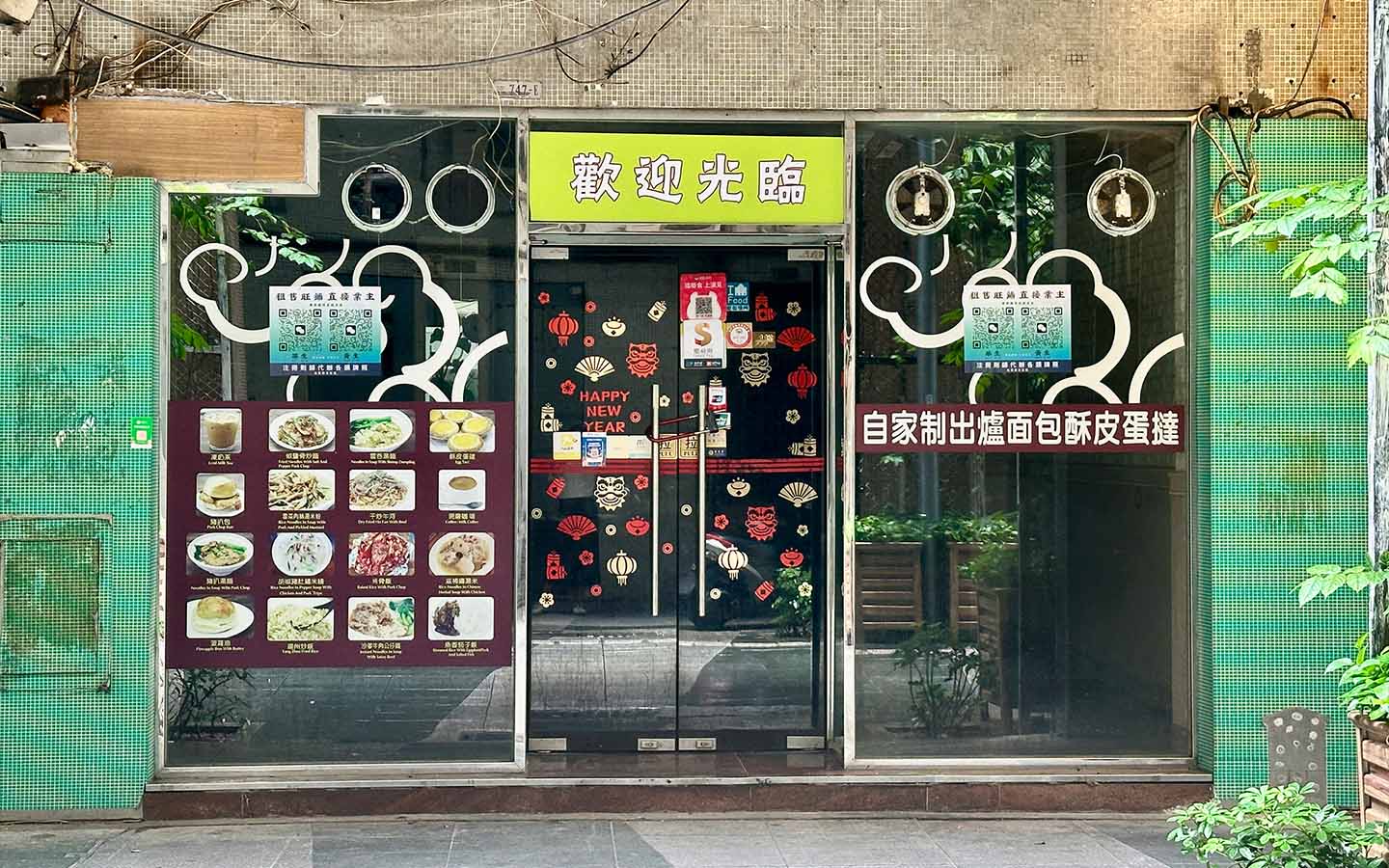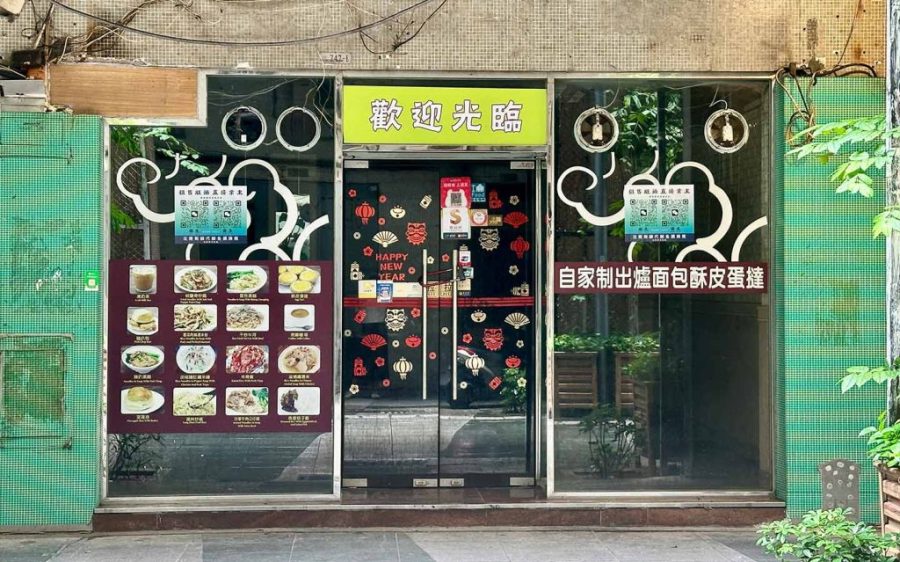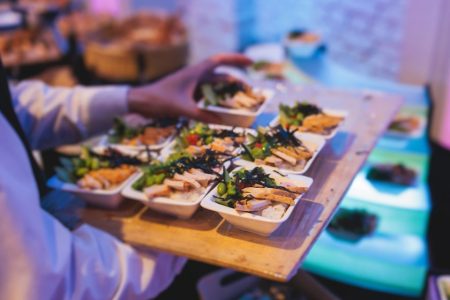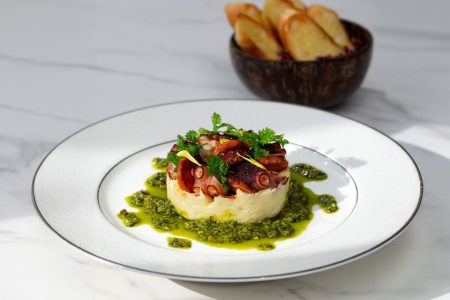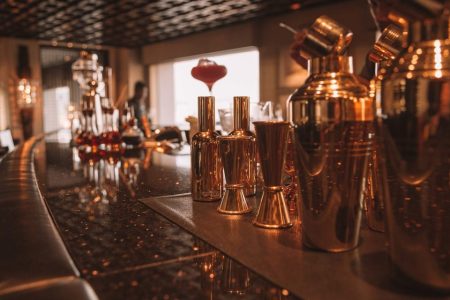As we enjoy a bowl of steamy lobster noodles at A Chi ramen shop, it becomes apparent that Macao’s independent food and beverage sector is in trouble. Besides us, only a few tables are occupied, a stark contrast to the once bustling trade once enjoyed by this eatery, just a short walk from tourist hotspot the Ruins of St Paul’s. Chio Chi Ngong, who alongside his mother runs A Chi at Travessa da Dorna, describes the current situation as “really bad.”
As a UNESCO Creative City of Gastronomy, the challenges facing Macao’s independent food and beverage sector are a worrying economic bellwether for the local economy. The local dining scene is a vital part of the city’s cultural heritage and appeal as a tourist destination, as well as a key lure in helping visitors discover what Macao offers outside of the casinos – which the government is anxious for them to do.
[See more: Macao has been left out of the World’s 50 Best Restaurants list]
The changing habits of Macao’s diners – and their quest to get more bang for their patacas – lie at the root of the problem. Locals now head north to the Chinese mainland to shop, dine and entertain themselves, drawn by not only lower prices but also far wider choice. Easier border crossings, a strong Hong Kong dollar (which circulates freely in Macao), and hassle-free driving on the mainland for locally registered vehicles, make dining up north a no-brainer for Macao locals, who have long complained about the SAR’s hefty prices.
A recent Macao consumer satisfaction survey by local researchers was telling: Zhuhai, the closest mainland Chinese city to Macao, scored higher than the SAR when it came to eating out.
Rising costs and changing habits hit Macao’s restaurant sector
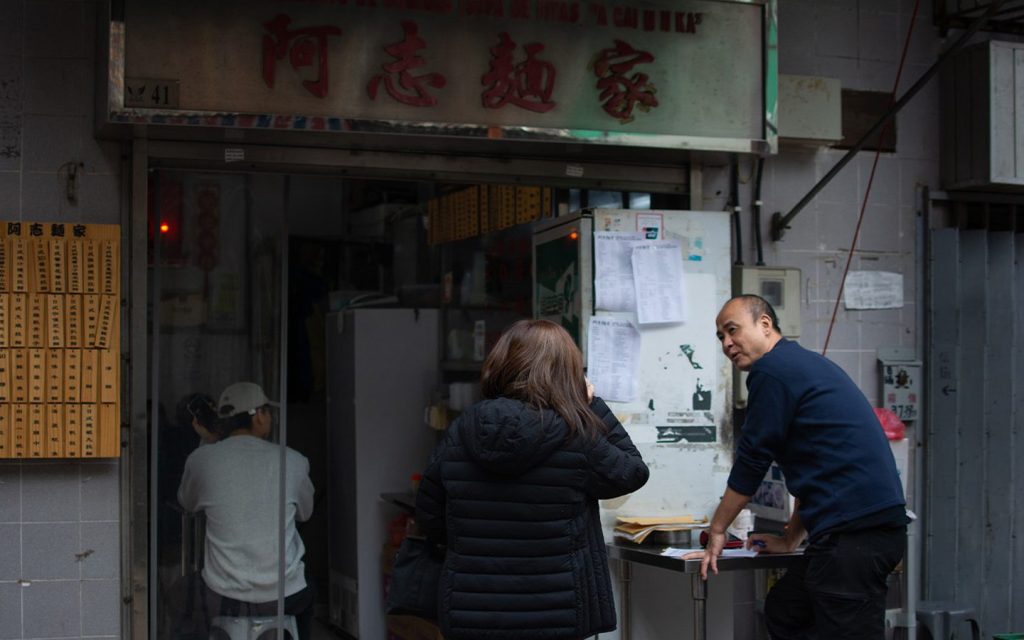
Most independent restaurateurs agree that business was better during the pandemic, despite the economic challenges of Covid-19. Restaurants benefited from the government’s stimulus programmes and the fact that locals were unable to travel overseas easily – forcing many to spend their leisure dollars in the local economy. Now, with borders open and fewer handouts, the recent wave of business closures is worse than anything seen during lockdowns, according to the deputy director-general of the Macao Catering Industry Association, Leong Ka Ion, who recently spoke to TDM.
For Jennifer Cheong, who runs French bistro La Santé with her chef husband Chi Lam, the hurdles faced by local restaurateurs start off even before their kitchens get to see any action.“Regulation is too tough,” she tells Macao News. “It takes between 600,000 to a million patacas to set up a restaurant, ensuring it follows all [relevant] requirements in terms of ventilation, oil drainage and fire prevention systems.”
[See more: The best independent French restaurants in Macao]
The couple have been running La Santé for six years, and Cheong says business is “quite good,” though they haven’t been able to raise the price of their seasonal tasting menus, in spite of soaring food costs in recent years. The last time they did, they also upgraded the menu from three to four courses, meaning that their costs became higher too.
She has meanwhile seen several food and beverage businesses shut down in the trendy St. Lazarus area, where La Santé is located. If independents can’t survive here – in one of the most distinctive districts in the peninsula, with its narrow cobbled streets and Western-style architecture – then the sector is in trouble.
Even in the shadow of Macao’s most famous tourist attraction, Chio, the ramen shop owner, has seen a 50 percent decrease in sales. He has no doubts that the growing trend of “zero-dollar tourism” in Macao – when visitors enjoy the free food and transport offered by the casinos without spending a dollar – has had a negative impact on his business.
“The gaming operators giving out free food has changed people’s consumption behaviour,” he tells Macao News. To keep afloat, Chio and his mother were forced to lower the prices at A Chi back to what they were charging ten years ago, crushing already thin profit margins.
[See more: A Chi: This humble ramen shop is one of Macao’s best-kept secrets]
The topic of free casino food is a sensitive one. Until recently, in gaming areas within any of Macao’s big gambling halls, people lined up for everything from complimentary ice cream, bitesize foods such as egg tarts and dim sum, as well as fruit juices and bubble tea. The move aimed to encourage people to stay on the premises, making them more likely to keep betting.
In light of recent complaints by the community however, the Macao government has asked casino operators to end the practice. As of a few days ago, operators have stopped offering freebies to anybody willing to wait in line, instead providing them to guests on membership programs and gamblers through a point redemption scheme.
For Chio, that day didn’t come soon enough. “I hope that the gaming operators will help to boost business for local SMEs, for example by offering guests dining vouchers to use at local restaurants,” he says.
More foreign tourists could help Macao’s ailing restaurants
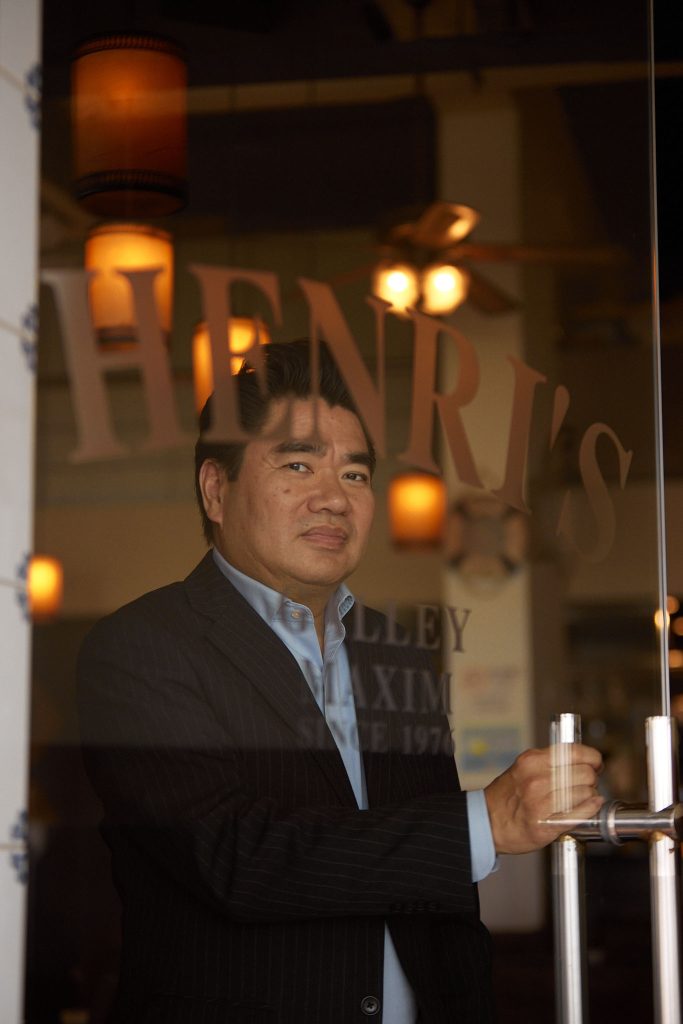
For Raymond Vong – a Macao food and beverage insider for decades – the problem is one of flawed priorities. “The government is after high visitor numbers,” Wong told Macao News, but instead should focus on “the quality of the client.”
The owner of the popular Henri’s Galley, the president of the Macau Culinary Association’s general assembly, and the chairman of the Macau Commerce and Industry Association’s supervisory council, Vong believes foreign tourists – like affluent South Koreans, Thais, and Japanese – are key. He compares them to mainland Chinese visitors, many of whom come through the city on budget tours and eat cheap takeout meals.
[See more: Four new Indian restaurants in Macao to keep on your radar]
Costs are another issue. “Ever since the pandemic, a lot of things are more expensive,” Vong says. “Suppliers blamed it on the transportation costs during Covid-19, but now that it’s over, they’ve kept the prices up. For good quality meat, we’re paying 50 percent more after the pandemic.” To cope, he increased prices by 10 to 15 percent last summer.
But many other restaurateurs have simply thrown in the towel or are thinking about doing so. Last April, Leong Ka Ion, the deputy director-general of the Macao Catering Industry Association noted that 30 to 40 percent of the restaurants approached by the association said they were considering closing.
“One of the things I think adds to the appeal of any tourist destination is a nice mix of cuisines,” says Cheong at La Santé sadly, pointing at Paris or London as examples to follow.
“What will be of Macao’s gastronomic landscape if we continue down this path?”
